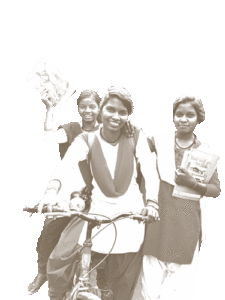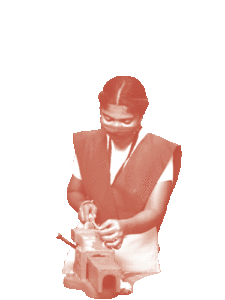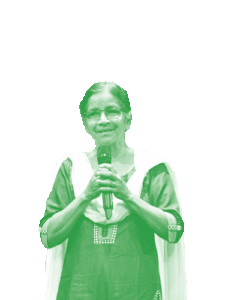Schools
This year, we have achieved remarkable milestones by seamlessly integrating technology into the educational framework. We have made strides towards mainstreaming STEM mindsets through educators across multiple states.
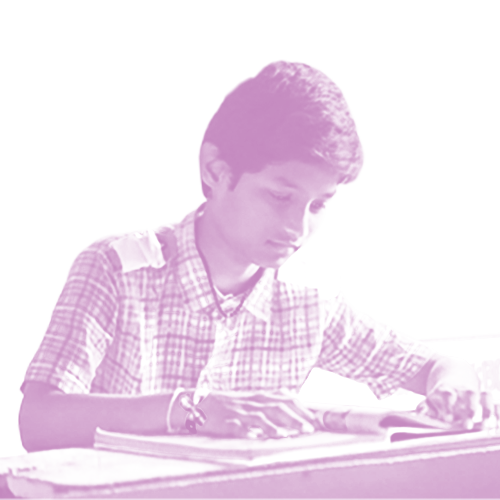
students impacted across 9 states

A study in Narmada district, Gujarat, revealed significant growth in 21st-century skills among 500+ learners, primarily from vulnerable backgrounds, within seven months.
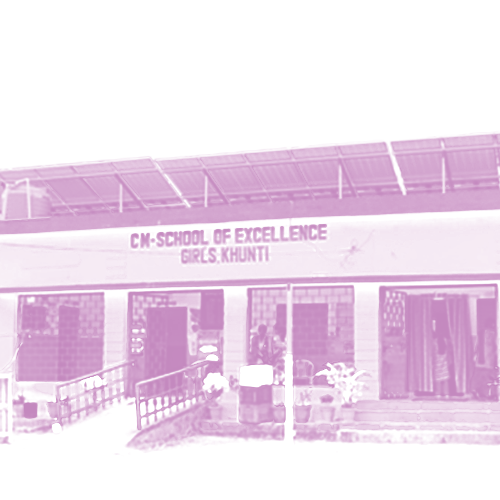
Government Schools

39% of the sampled schools in Tumkur, Karnataka demonstrated high adoption of pedagogy in schools.

teachers trained as 21st century educators
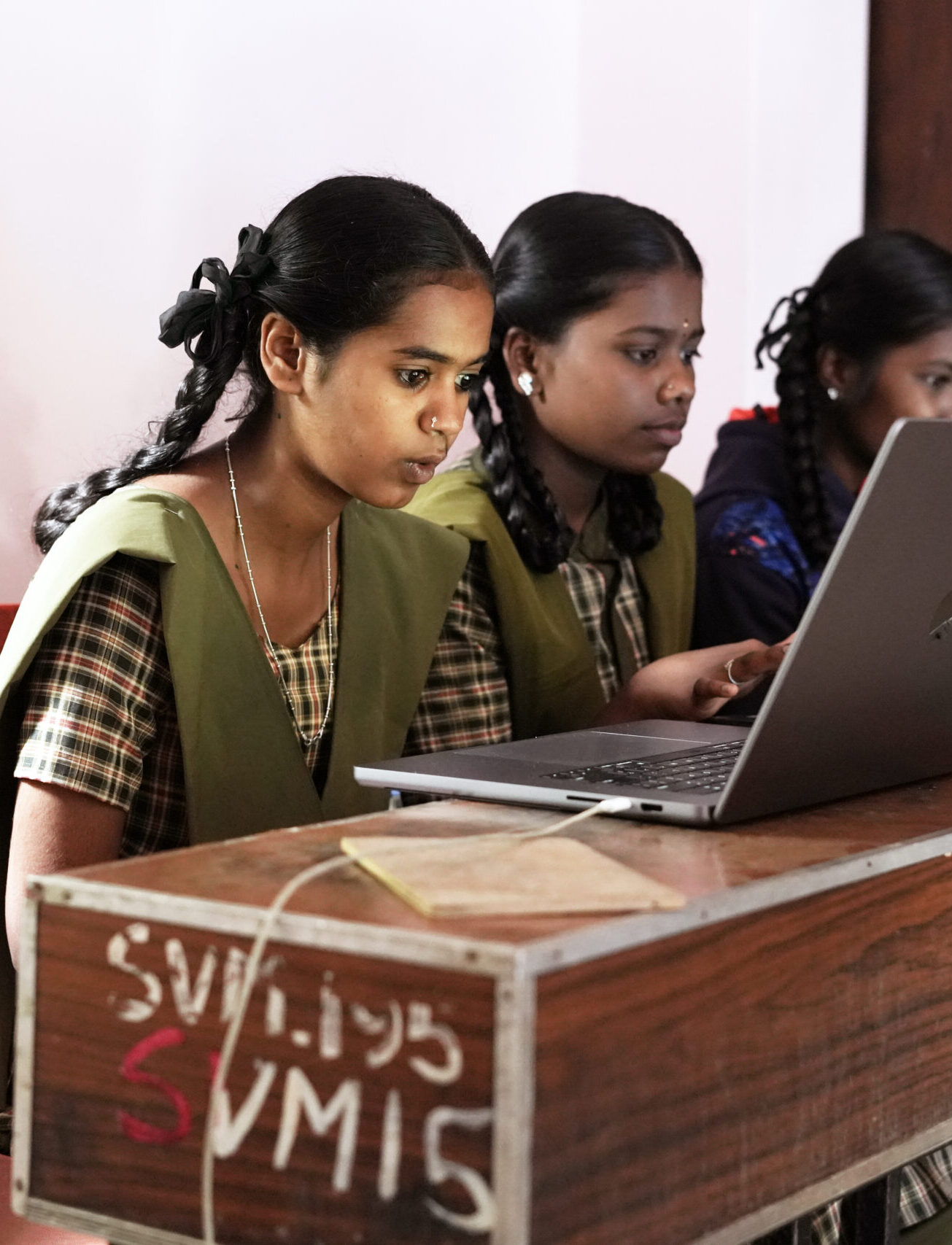
38% of girls who were part of a study in Karnataka indicated aspirations related to STEM careers.
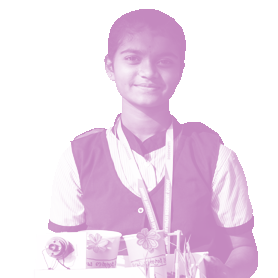
female learners
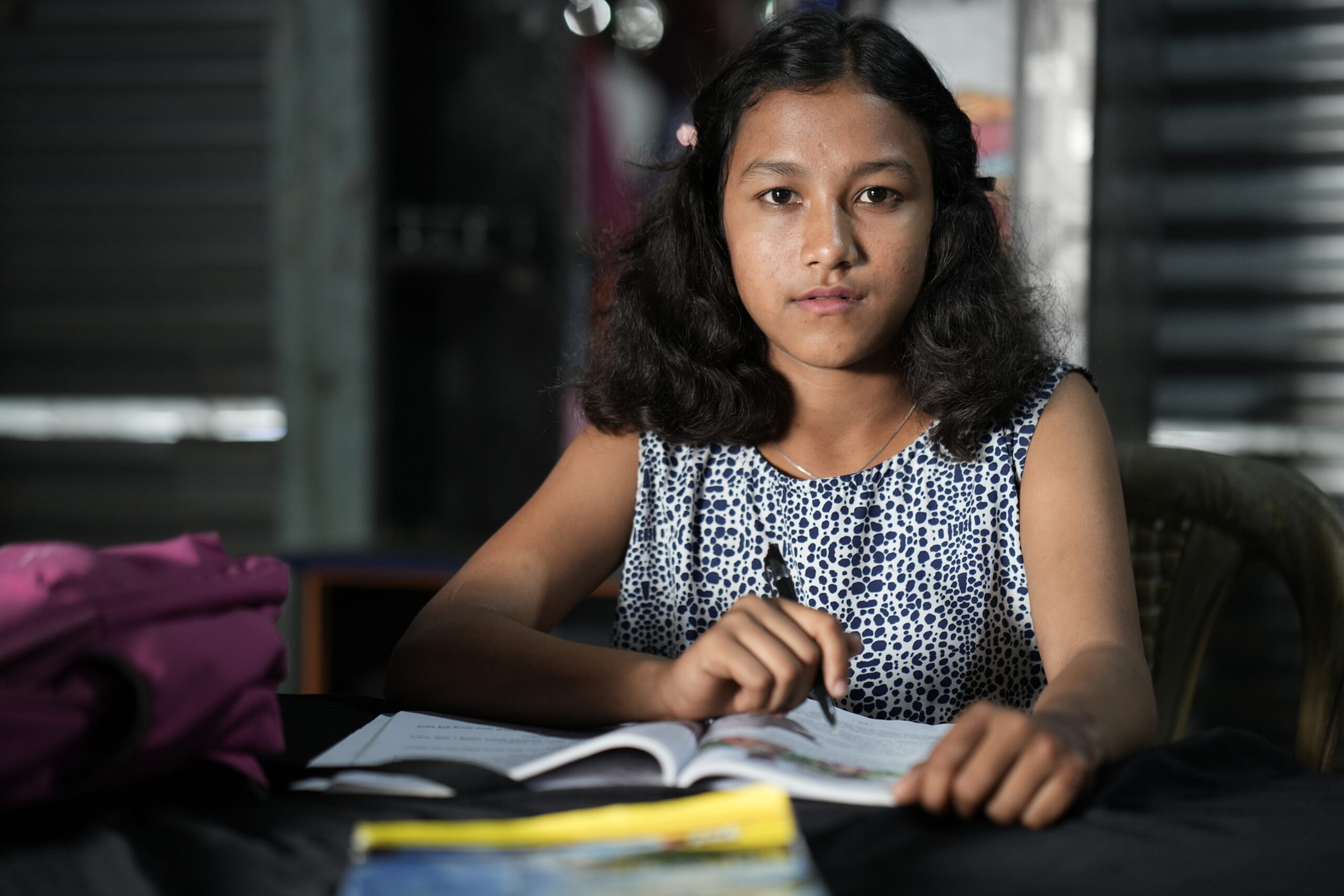
Data shows significant improvements in literacy and skills in 10 Barpeta schools, with 99% significance from 305 learners.
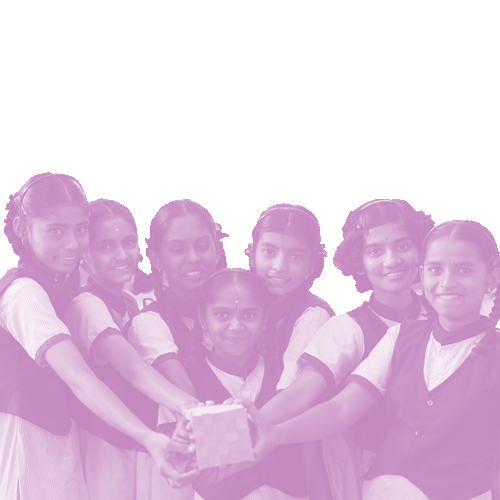
implementation partners
Empowering Educators with 21st-Century Skills
Our commitment to nurturing educators began in 2021 with the Master Coach for Teachers program. This initiative empowers teachers to foster self-awareness, gender inclusivity, and 21st-century skills among students. We have trained 13,355 teachers across India on 21st-century classroom practices and STEM mindsets including Computational Thinking (CT).
An evaluation of the MasterCoach program carried out in Karnataka revealed that 39% of the sampled schools demonstrated high adoption of pedagogy in schools, i.e., teachers had taken initiatives related to career, gender and 21st-century skills with learners in the classroom. This percentage of schools that showed high uptake compares favourably with the universal early adoption rate of 33.3% for interventions deployed at scale. Additionally, students in adoption schools showed improved learning outcomes, scoring 16% higher than those in non-adoption schools.
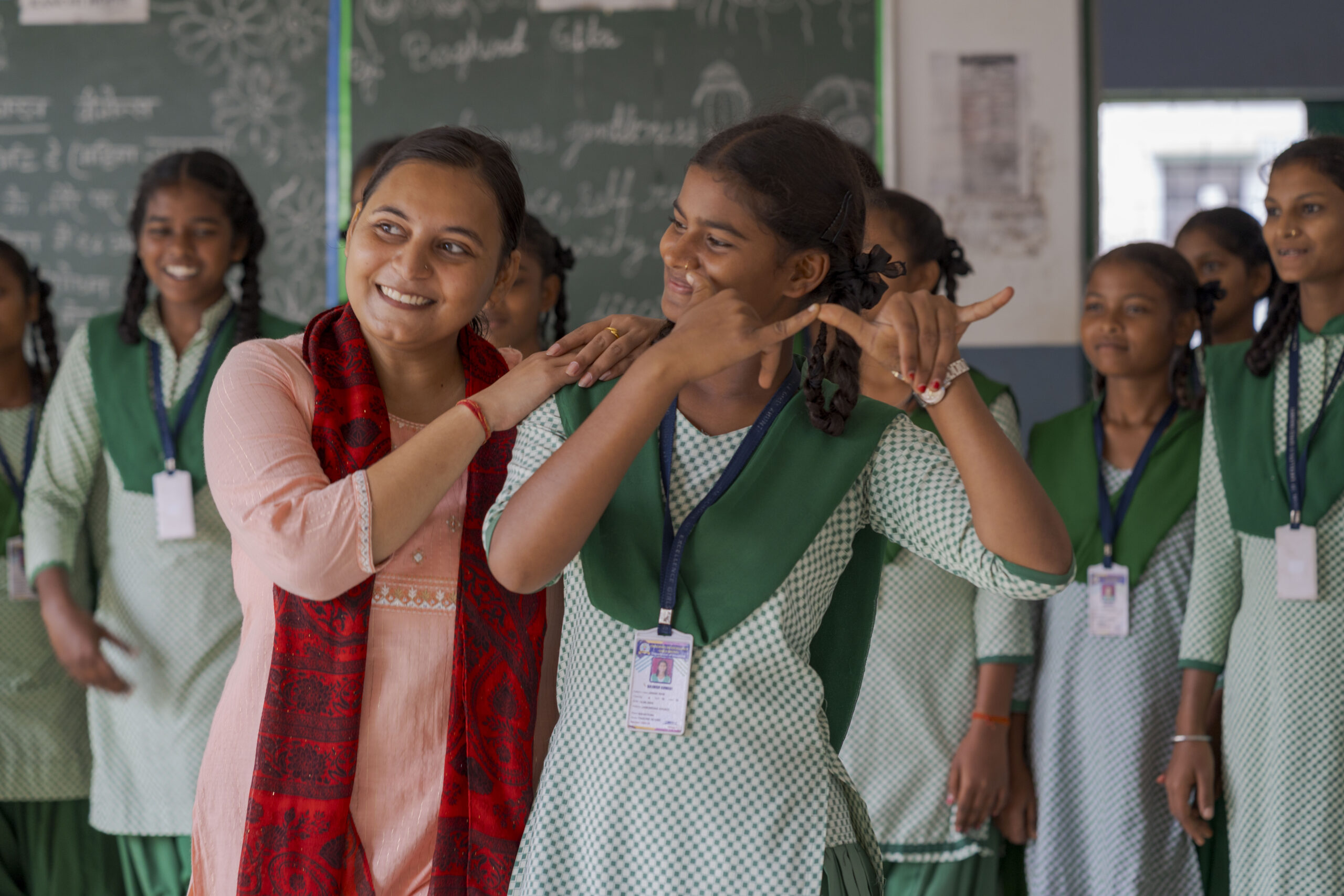
Mainstreaming Social Emotional Learning
The integration of Social Emotional Learning (SEL) in Jharkhand's schools enhances students' holistic development through innovative learning experiences and nurturing environments. SEL is integrated through the Government of Jharkhand's Harsh Johar curriculum,developed as part of the Sampoorna Consortium - of which Quest is a part. Our aim is to cultivate students' emotional intelligence, social skills, support academic excellence, and prepare them for future success. Educators have embraced the curriculum, implementing it through designated SEL classroom sessions and morning assemblies. Each school features a safe space fostering activities for mindfulness and peer listening circles for teachers and students. Our efforts span 121 government schools in Jharkhand, impacting 65,000 students.
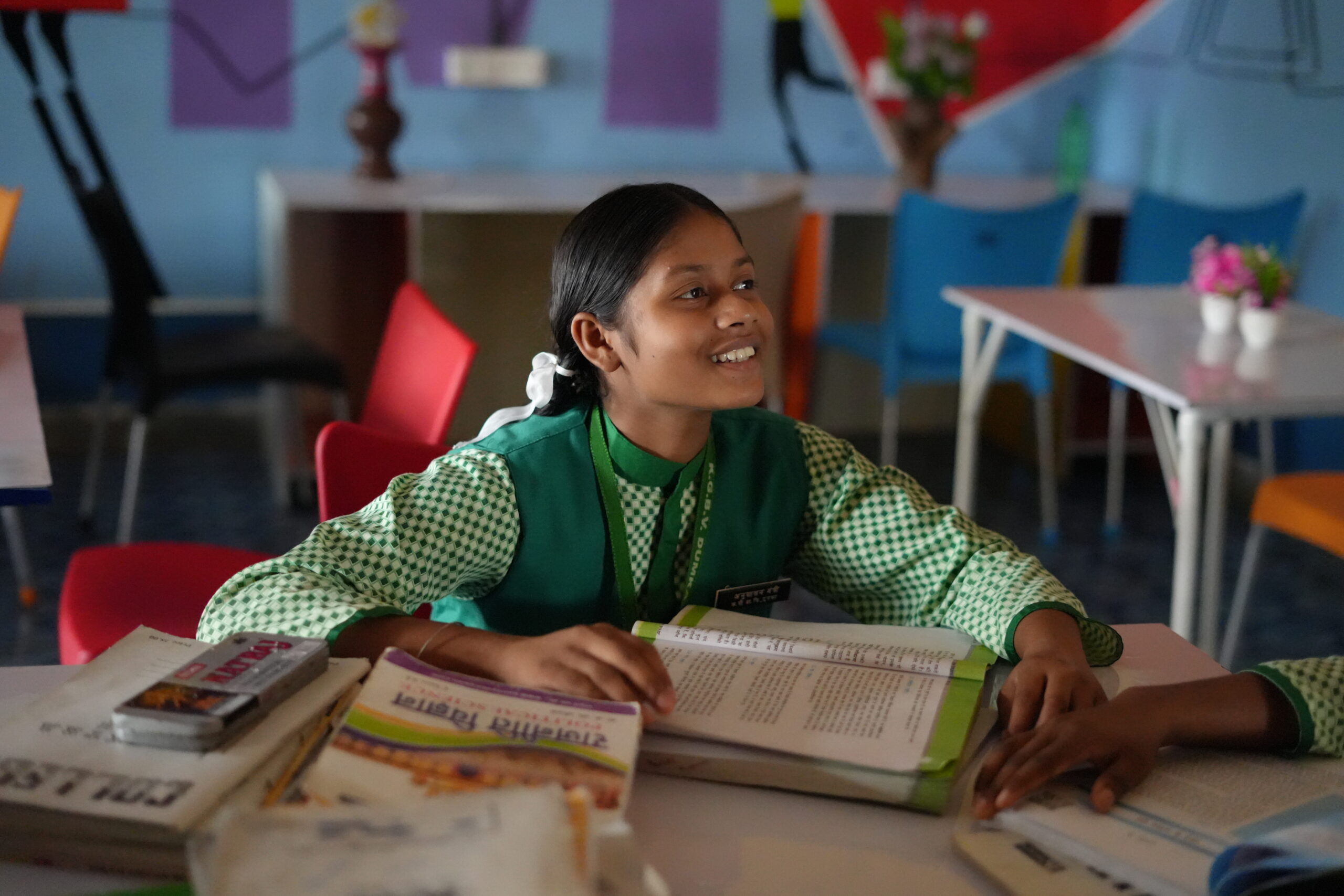
Catalyzing Career Aspirations
Through targeted interventions, we've been able to shift perception in career-related gender attitudes among students. By providing digital devices in Karnataka's secondary schools, we witnessed a surge in career aspirations, with 38% of girls expressing a desire to pursue STEM-related careers. Post-intervention, educators had a more favourable attitude about the types of careers and gender it may be suited for, a higher percentage disagreed with the statement “job opportunities in arts and humanities are more suitable for girl students compared to jobs in science and technology.” Initiatives like role model interactions and volunteer engagements were conducted for students to orient them on career pathways.
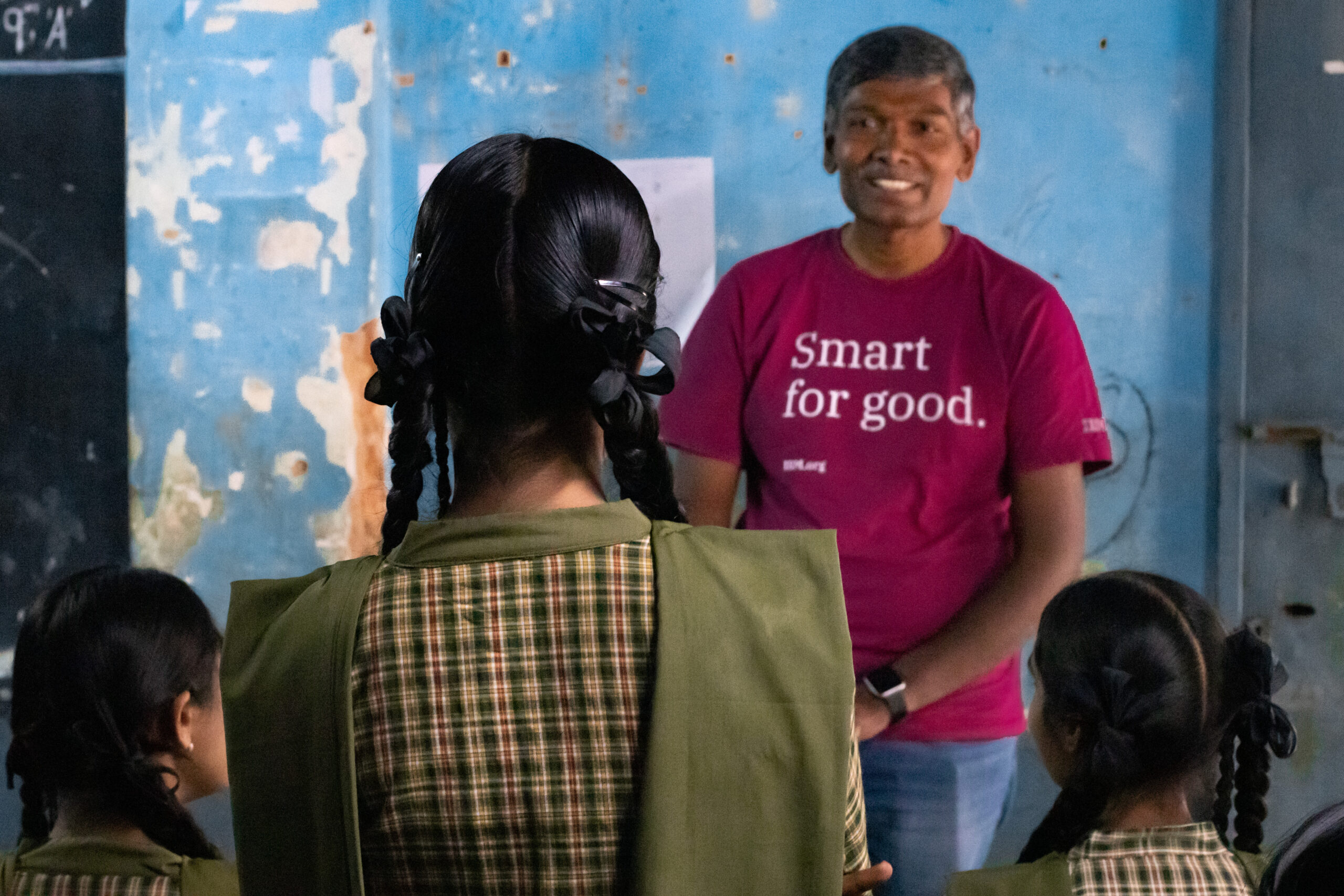
Equipping Disadvantaged Communities
We have made significant strides in equipping students from disadvantaged communities with 21st-century skills. Narmada is an aspirational district in south Gujarat with a tribal population in majority. The schools we worked with in Narmada had a poor gender ratio with only 43% girls. An analysis conducted of our work revealed that learners from disadvantaged backgrounds not only grasped the importance of job-ready skills but also demonstrated a commendable performance in critical thinking, aspirations for future careers as well as exploring STEM, with the shifts in girls an average of 9% more than boys.

Scratch Education Collaborative
This year, Quest Alliance formed a significant international partnership with Scratch Foundation, a leading platform for creative coding in education. This strategic alliance designates Quest Alliance as the Ecosystem Champion for Scratch in India.
The collaboration goes beyond representation. Further solidifying our commitment to global innovation, Quest Alliance participated in the Scratch Education Collaborative's partners meetup in Boston, USA. This gathering brought together six educational leaders from across the globe to explore cutting-edge approaches in education. The event, featuring engaging sessions at the MIT Media Lab, hands-on activities with the Development Tech team at Boston College, and creative explorations at Lesley University's STEAM MakerSpace, provided valuable insights. Participants shared best practices and learned new approaches for integrating technology and creativity, fostering impactful and engaging learning experiences.
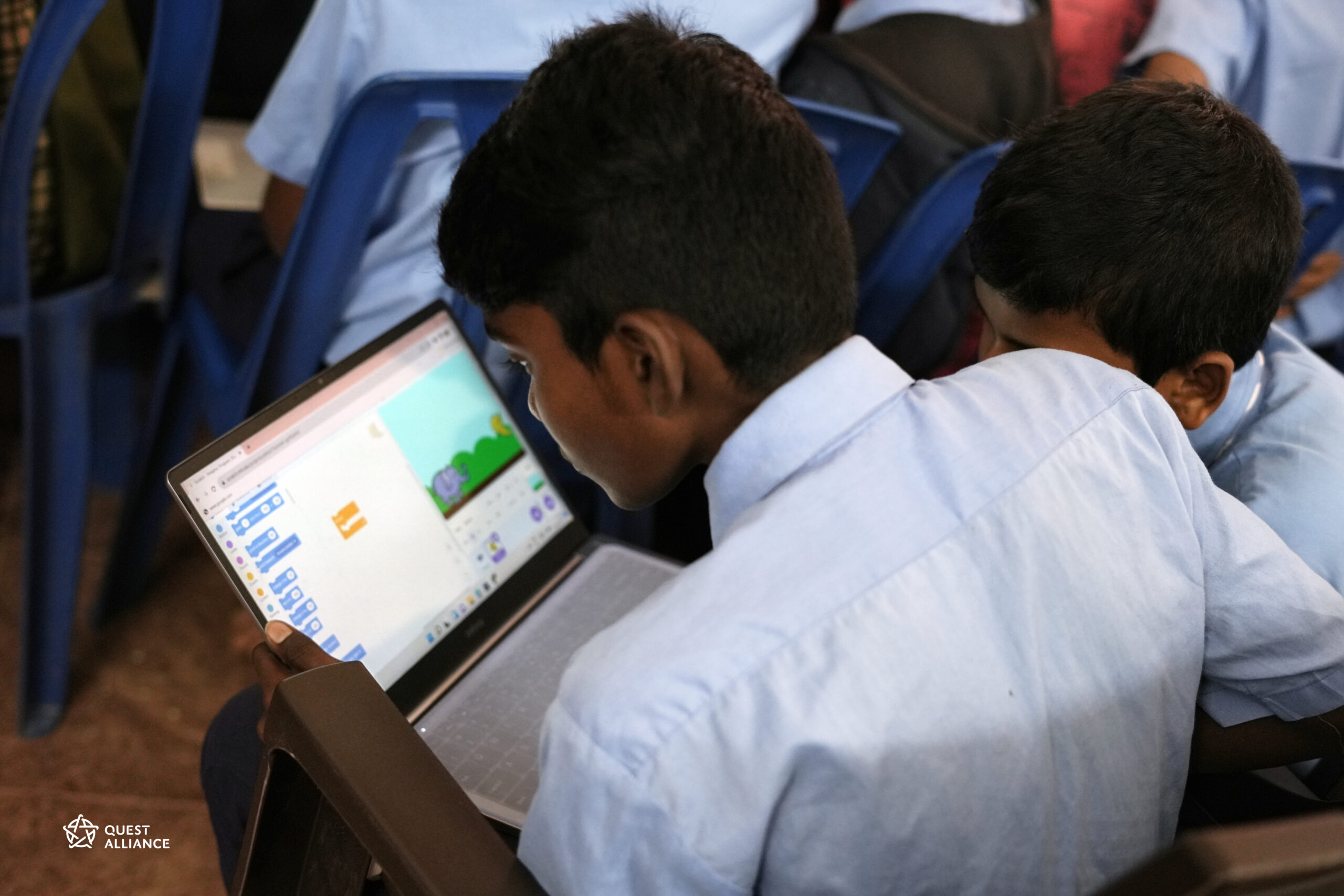
Mainstreaming Computational Thinking
Over the past year, Quest has advanced Computational Thinking (CT) across multiple states. In Telangana, an MoU with the District Collectorate of Siddipet initiated the integration of CT curriculum in 257 government high schools, where teachers implemented CT concepts through ideathons in 201 schools to inspire innovative thinking among students.
Quest Alliance, with Leadership for Equity, signed a 3-year MoU with the Government of Andhra Pradesh to craft a future skilling curriculum by 2027. This initiative will train secondary school teachers to deliver CT in classrooms, while students will be equipped with CT, AI, and career skills. The partnership aligns with our vision of equipping students with future career skills, especially those farthest from opportunity.
In Gujarat, our collaboration with the state education department since 2022 saw 585 Master trainers equipping over 4,700 teachers with CT concepts, ideathons, hackathons, and Scratch programming. This effort reached 19,063 learners and 15,431 students through Scratch sessions.
As Odisha's technical partner in the Department of School and Mass Education, Quest developed a 90-hour CT curriculum for grades 9 and 10. With support from the State Resource Group (SRG) and 314 master trainers, we trained teachers across 8,863 schools, catalyzing requests for upgraded computer labs and dedicated CT periods. Over 1,000 teacher-led ideathons and hackathons engaged 131,649 students, focusing on environmental sustainability and practical skill development.

Futures Literacy
In a time of increasing uncertainty and rapid change, marginalized youth often face a future with limited opportunities and significant challenges. Quest Alliance's recent study, "From Anxiety to Hope: Building Emancipatory Climate Futures Literacy in Young People," was launched at the Quest2Learn Annual Summit 2023. This initiative aimed to help youth develop futures literacy, proposing it as an essential 21st-century skill, enabling them to imagine different and better futures. Through workshops in 36 districts, over 600 marginalized youth gained essential skills to address the complexities of climate change and social issues. The study highlighted the critical need to incorporate climate futures thinking into educational programs, encouraging the questioning of existing assumptions and promoting informed decision-making.
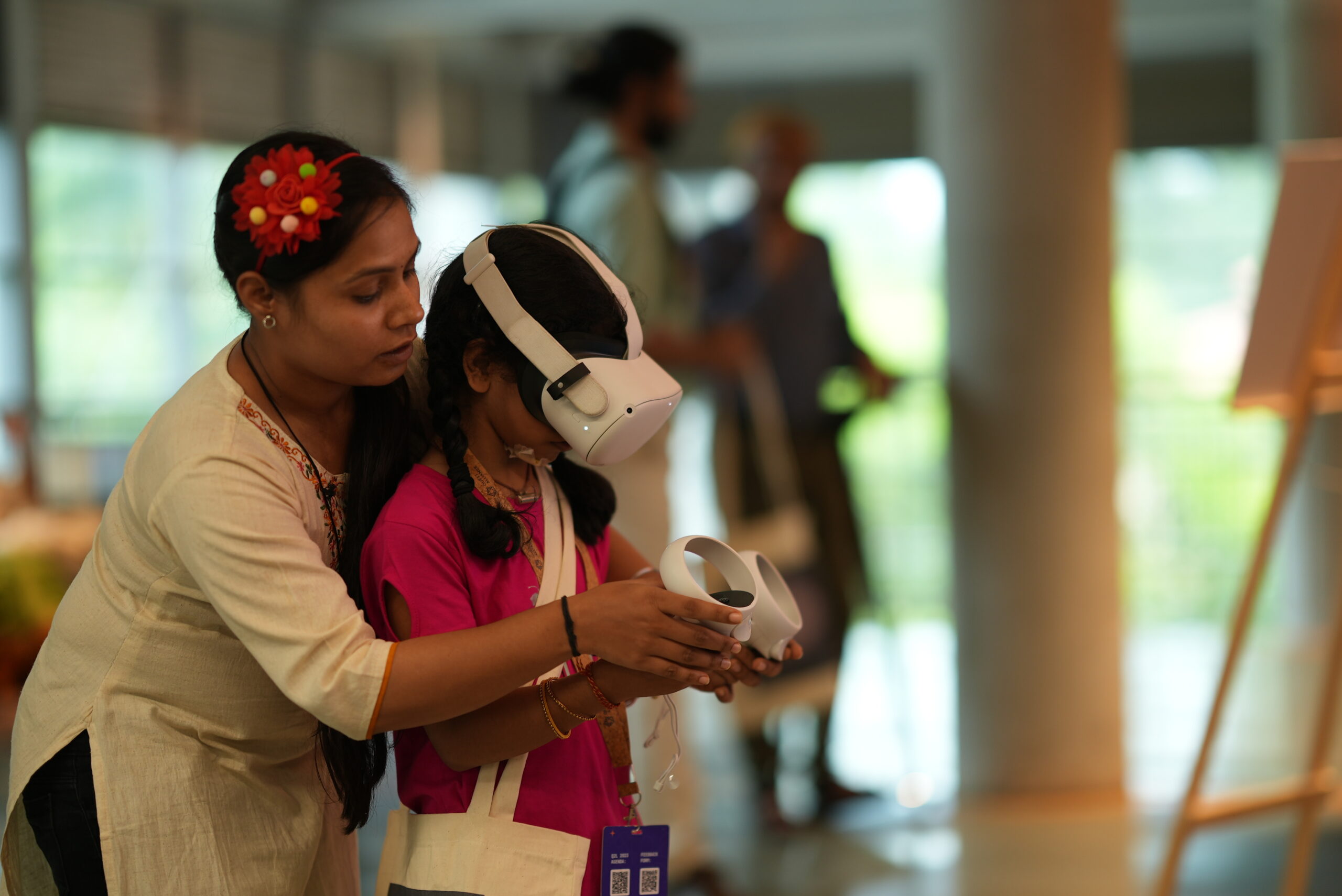
Conference Participation
In 2023, Quest Alliance participated in key global education forums, underscoring its commitment to advancing STEM and digital education. At UNESCO Digital Learning Week, we engaged in discussions on AI integration, digital equality, and ethical education standards. At the WISE summit in Doha, we explored themes of AI's impact on global education, focusing on inclusivity and ethics. Concurrently, at the mEducation Alliance Symposium in Arlington, Virginia, we showcased our initiatives in STEM education for marginalized communities. In sessions like "STEM Solutions: A Perspective from the Margins," we highlighted innovative approaches, such as ideathons and hackathons, to foster creativity and STEM skills among vulnerable youth.
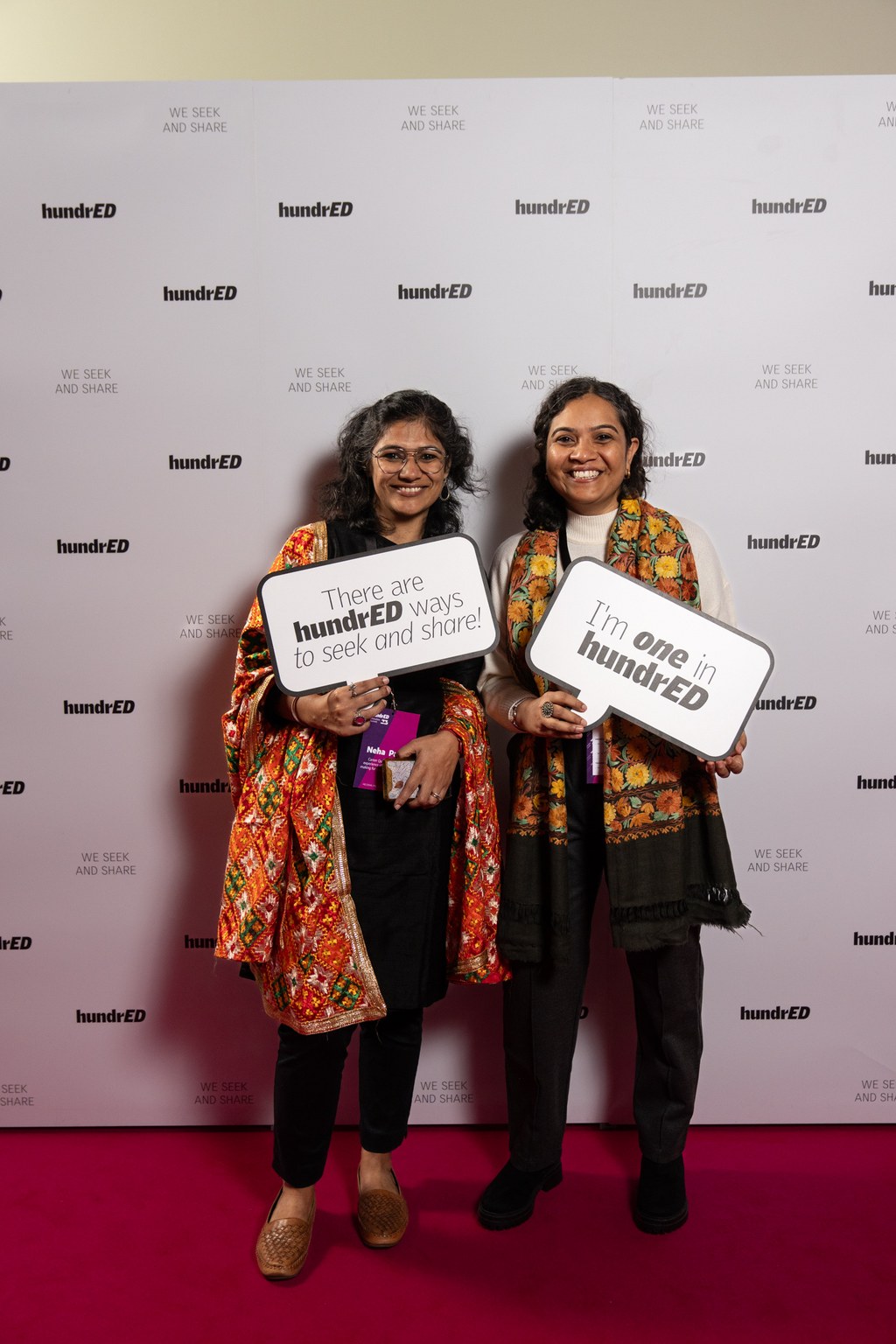
Career Quest At HundRed
Career Quest was selected for inclusion in the prestigious HundrED Global Collection 2024, alongside 100 pioneering education initiatives worldwide. This recognition highlighted Career Quest's transformative impact on career exploration among young people. Developed as a choice-based game, Career Quest empowered students to navigate career decisions through realistic dilemmas, promoting informed choices and nurturing a growth mindset. Featuring diverse backgrounds and scenarios, the initiative emphasized social acceptance, financial stability, and personal satisfaction in career pathways. Notably, Career Quest's low-tech, browser-based approach proved effective in increasing career awareness and decision-making confidence among learners. Looking ahead, Quest plansned to enhance the game further by integrating diverse personas, and regional languages, and improving the gaming experience. Collaborations with CSOs supported expanding outreach, ensuring continuous refinement and broader engagement to empower more youth in making informed career choices.
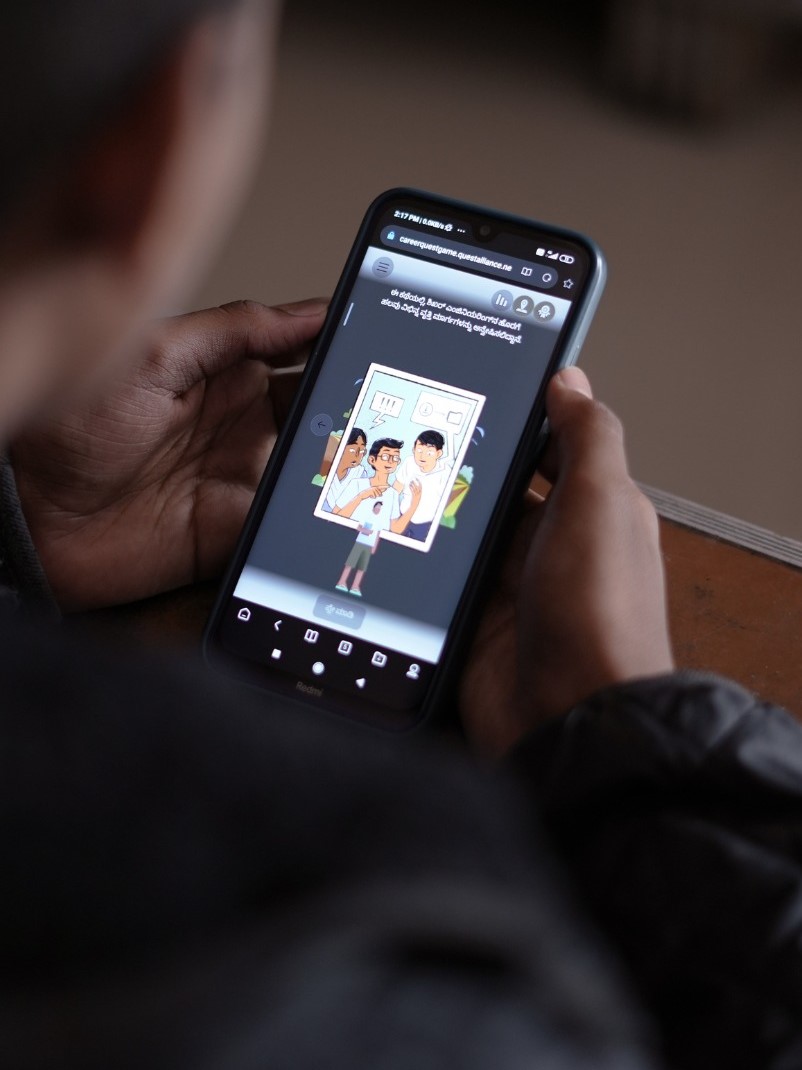
“Learning should take place in a practical way, which I had never experienced before I began studying STEM. By participating in the program, I improved my problem-solving skills, figured out the best solutions for different problems, and developed my logical-thinking abilities.”
M. Bindu Madhuri
Grade 9, Girls High School Ponduru, Srikakula
Andhra Pradesh
